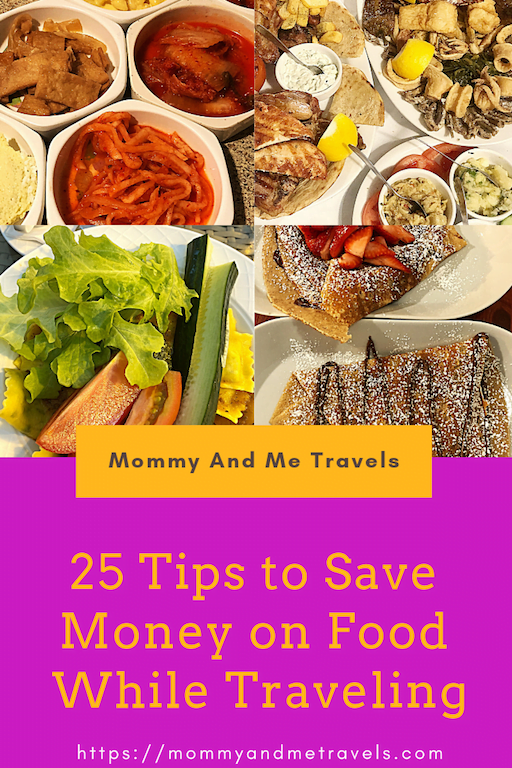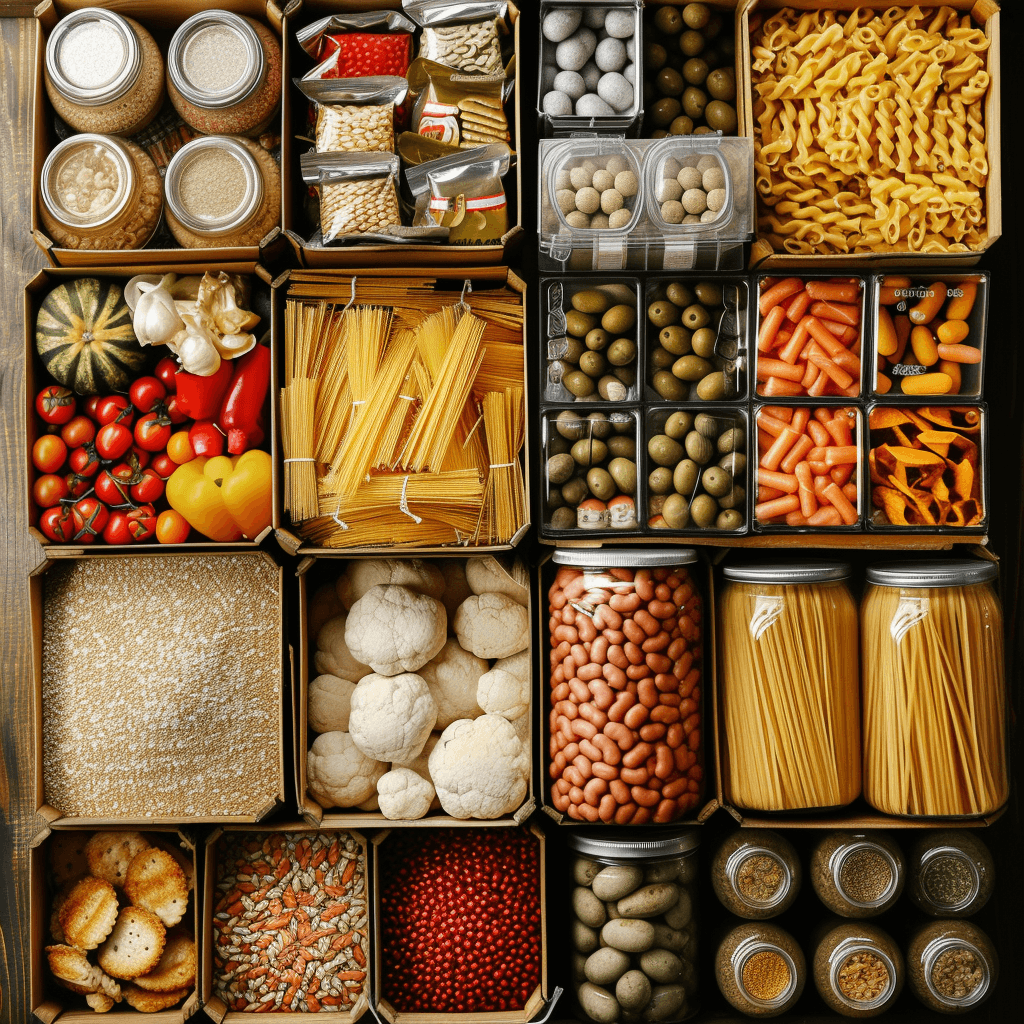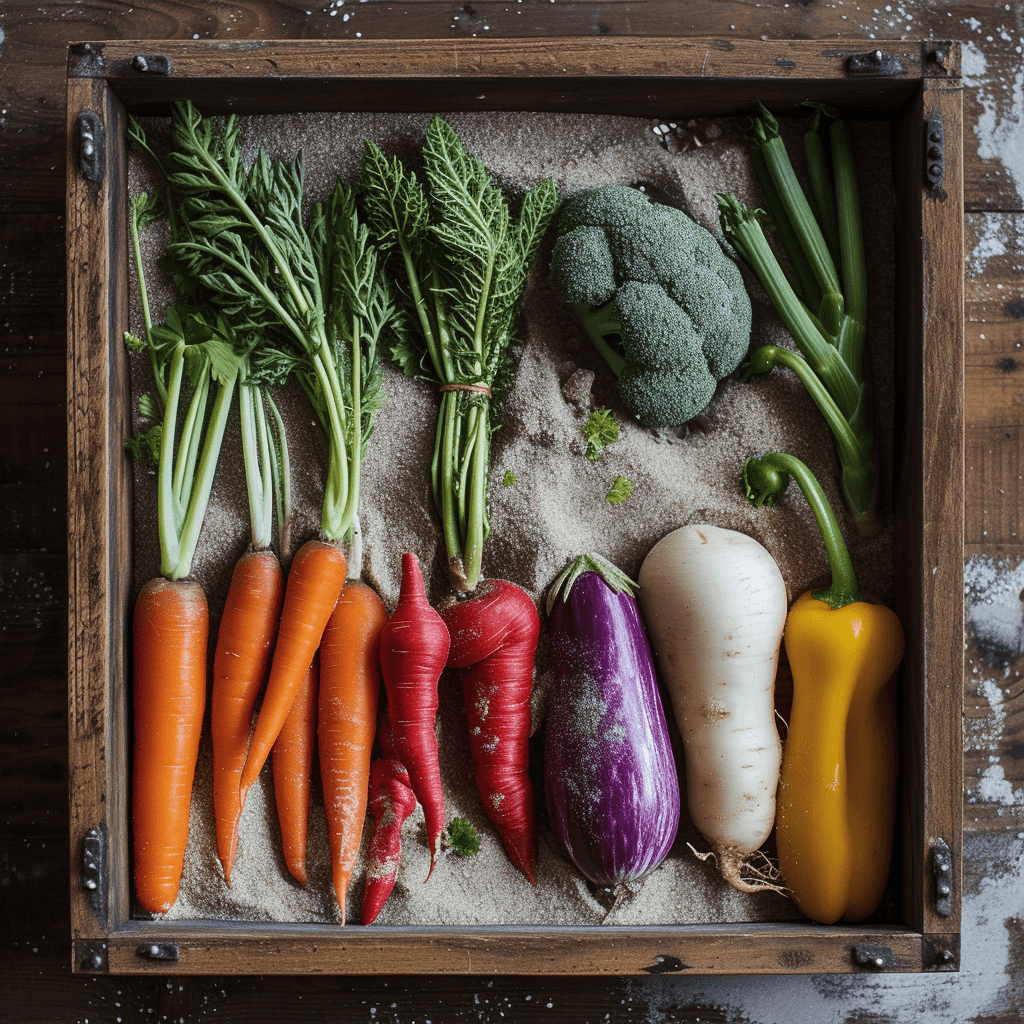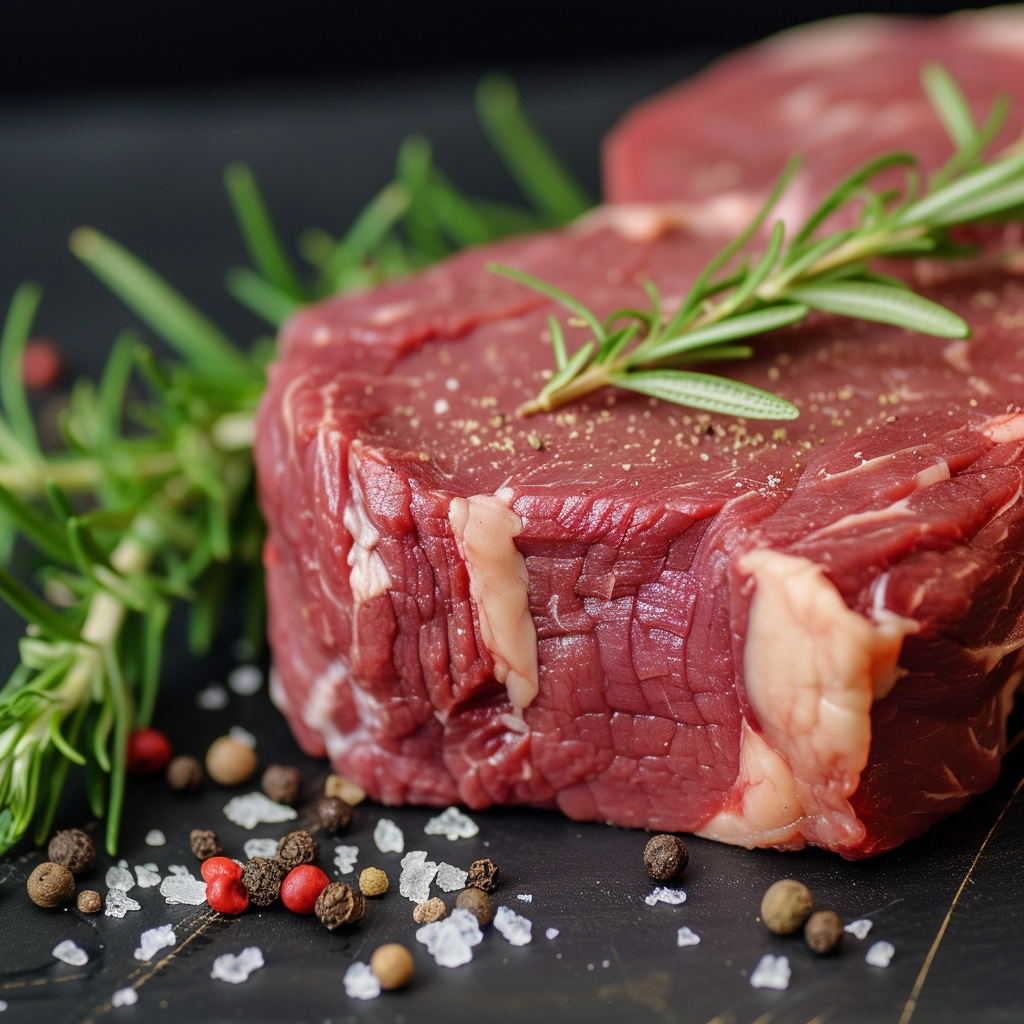In this article, we will discuss some helpful tips for preserving food while you’re on the go. Whether you’re off grid or simply trying to maintain the freshness of your meals while traveling, we’ve got you covered. You’ll learn about different methods and techniques for preserving food, so you can enjoy delicious and safe meals throughout your journey. So, let’s dive right into the topic and discover the best ways to keep your food fresh while on the move!
Tips for Preserving Food while Traveling
Traveling can be an exciting and enriching experience, but it often comes with its own set of challenges. One of the biggest challenges for travelers is ensuring that their food stays fresh and safe to consume throughout their journey. Whether you’re embarking on a road trip or hiking in the wilderness, preserving food is essential to avoid spoilage and potential health risks. In this article, we will discuss a range of tips and techniques for effectively preserving food while traveling.
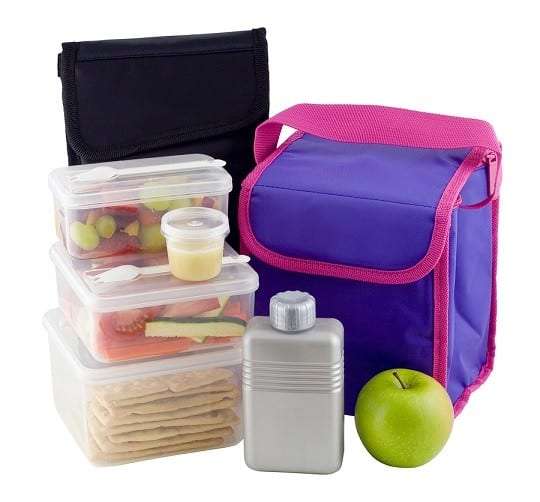
Importance of Preserving Food
Preserving food while traveling is crucial for several reasons. Firstly, it helps to minimize food waste, which is not only environmentally sustainable but also saves you money. By preserving your food properly, you can extend its shelf life and ensure that none of it goes to waste. Secondly, preserving food maintains its nutritional value, ensuring that you have access to the necessary nutrients during your trip. Lastly, proper food preservation reduces the risk of foodborne illnesses, which can ruin your travel experience and lead to major health issues.
Choosing the Right Containers
When it comes to preserving food while traveling, choosing the right containers is key. Opt for containers that are safe, durable, and airtight to keep your food fresh and protected. Look for food-grade containers made of materials such as glass, stainless steel, or high-quality plastic. Make sure the containers have tight-fitting lids to prevent spillage and keep out air, moisture, and pests.

Using Vacuum Seal Bags
Vacuum sealing is an excellent method for preserving food during travel. By removing air from the packaging, vacuum seal bags help extend the shelf life of perishable items. Additionally, vacuum sealing reduces the risk of freezer burn, which can negatively affect the taste and quality of frozen food. Place your food items in the vacuum seal bags, seal them using a vacuum sealer, and store them in a cooler or refrigerator for optimum freshness.
Freezing Food
Freezing is one of the most common and effective methods of food preservation. Before embarking on your journey, freeze perishable items such as meat, poultry, seafood, and dairy products. Freezing not only extends the shelf life of these items but also helps to maintain their taste and texture. Pack your frozen food in a well-insulated cooler with plenty of ice packs to keep them at a safe and consistent temperature.
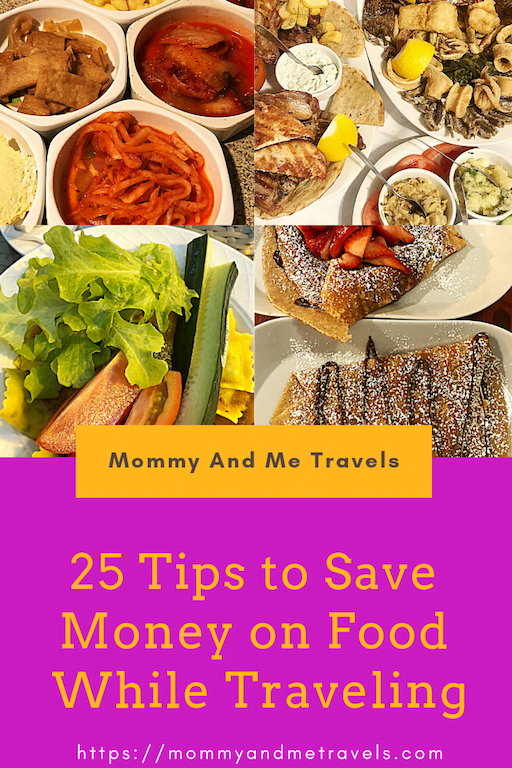
Dehydrating Food
Dehydrating food is another great way to preserve it while traveling, especially for lightweight and space-saving options. Dehydration removes water from food, inhibiting the growth of bacteria, mold, and yeast that cause spoilage. Fruits, vegetables, and even meat can be dehydrated using a food dehydrator or an oven set at a low temperature. Once dehydrated, these foods can be stored in airtight containers or vacuum-sealed bags for extended periods without refrigeration.
Canning Food
Canning is a time-honored method of food preservation that involves sealing food in jars and then heating them to kill microorganisms. This process creates an airtight seal, preventing the growth of bacteria and other spoilage agents. While canning may not be suitable for all types of travel, it can be a valuable option for longer trips or situations where refrigeration is not readily available. Canned foods can be prepared in advance and conveniently stored in your travel bag.
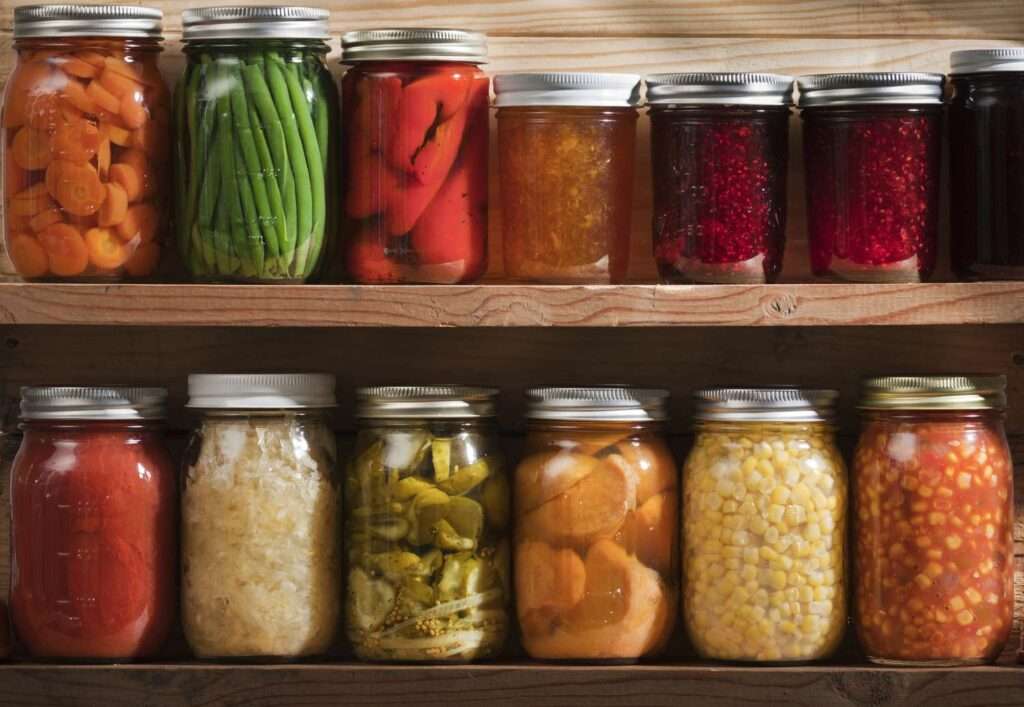
Using Airtight Containers
Using airtight containers is essential for preserving food freshness and preventing spoilage. Airtight containers create a barrier against air and moisture, which can lead to food deterioration. Store your food items in appropriately sized airtight containers to minimize the amount of air space, reducing the risk of oxidation and extending shelf life. These containers also come in a range of sizes, making them ideal for portion control and easy packing.
Using Ice Packs and Coolers
Ice packs and coolers are indispensable for keeping food cold and fresh while traveling. These tools help maintain temperature control and prevent bacterial growth. Before heading out, freeze sufficient ice packs and arrange them strategically in your cooler to create a cold environment. Be sure to pack your cooler with the necessary insulation, such as blankets or towels, to keep the cold air trapped inside. Additionally, consider using separate coolers for perishable and non-perishable items to minimize the risk of cross-contamination.
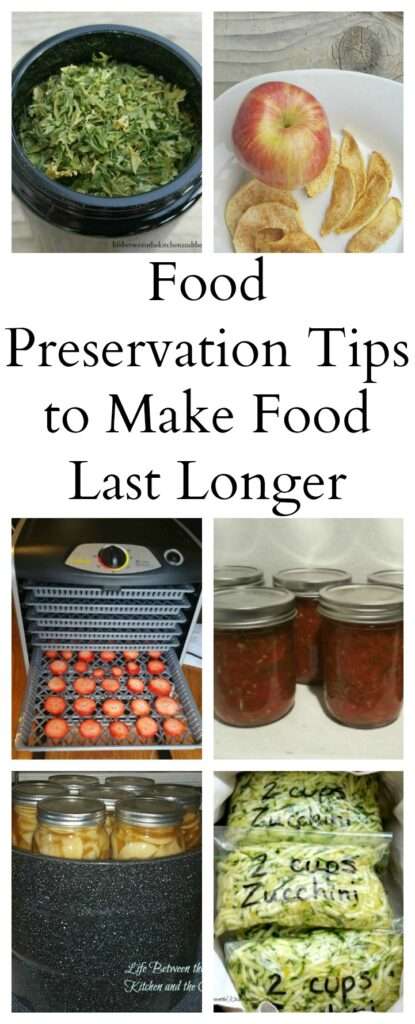
Preventing Cross-Contamination
Cross-contamination can lead to foodborne illnesses and should be avoided at all costs. When preserving food while traveling, it’s important to keep raw meats, poultry, and seafood separate from other food items to prevent the transfer of harmful bacteria. Pack raw items securely in leak-proof bags or containers and ensure they are stored away from ready-to-eat foods. Wash your hands and any utensils thoroughly after handling raw foods to reduce the risk of contamination.
Using Preservatives and Additives
Certain food preservatives and additives can help prolong the shelf life of food during travel. For example, citric acid can prevent browning in fruits, while salt and sugar act as natural preservatives. Additionally, vinegar and lemon juice can help preserve vegetables and prevent spoilage. However, it is important to use these additives in moderation and to be aware of any dietary restrictions or allergies present.
Planning Meals and Portions
Careful meal planning is crucial for preserving food while traveling. Consider the duration of your trip and the availability of cooking facilities to determine the types of meals and portion sizes you’ll need. Plan your meals in advance and try to pack ingredients in pre-measured amounts to avoid wastage. By planning ahead, you can ensure that you have sufficient food to sustain you throughout your journey without excess leftovers.
Considering Shelf Stable Foods
Shelf-stable foods are items that do not require refrigeration and have a significant shelf life. These include canned goods, dried fruits, nuts, granola bars, and pre-packaged meals. Packing a variety of shelf-stable foods can be a lifesaver, especially if you’re traveling to areas where fresh food may be scarce or inaccessible. These foods are lightweight, durable, and convenient, making them perfect for on-the-go snacking or quick meal solutions.
Avoiding Highly Perishable Foods
Lastly, it’s important to avoid packing highly perishable foods that are prone to spoilage. While fresh fruits, vegetables, and dairy products are crucial for a balanced diet, they may not be suitable for long trips without refrigeration. Instead, opt for sturdier alternatives such as root vegetables, hard cheeses, cured meats, and dried herbs. These items can withstand varying temperatures and are less likely to spoil quickly.
Conclusion
Preserving food while traveling is essential for maintaining freshness, reducing waste, and safeguarding your health. By following the tips outlined in this article – from choosing the right containers to utilizing various preservation methods – you can ensure that your food stays safe and enjoyable throughout your journey. With proper planning and the right techniques, you can savor delicious meals while exploring new destinations, worry-free. Happy travels!

